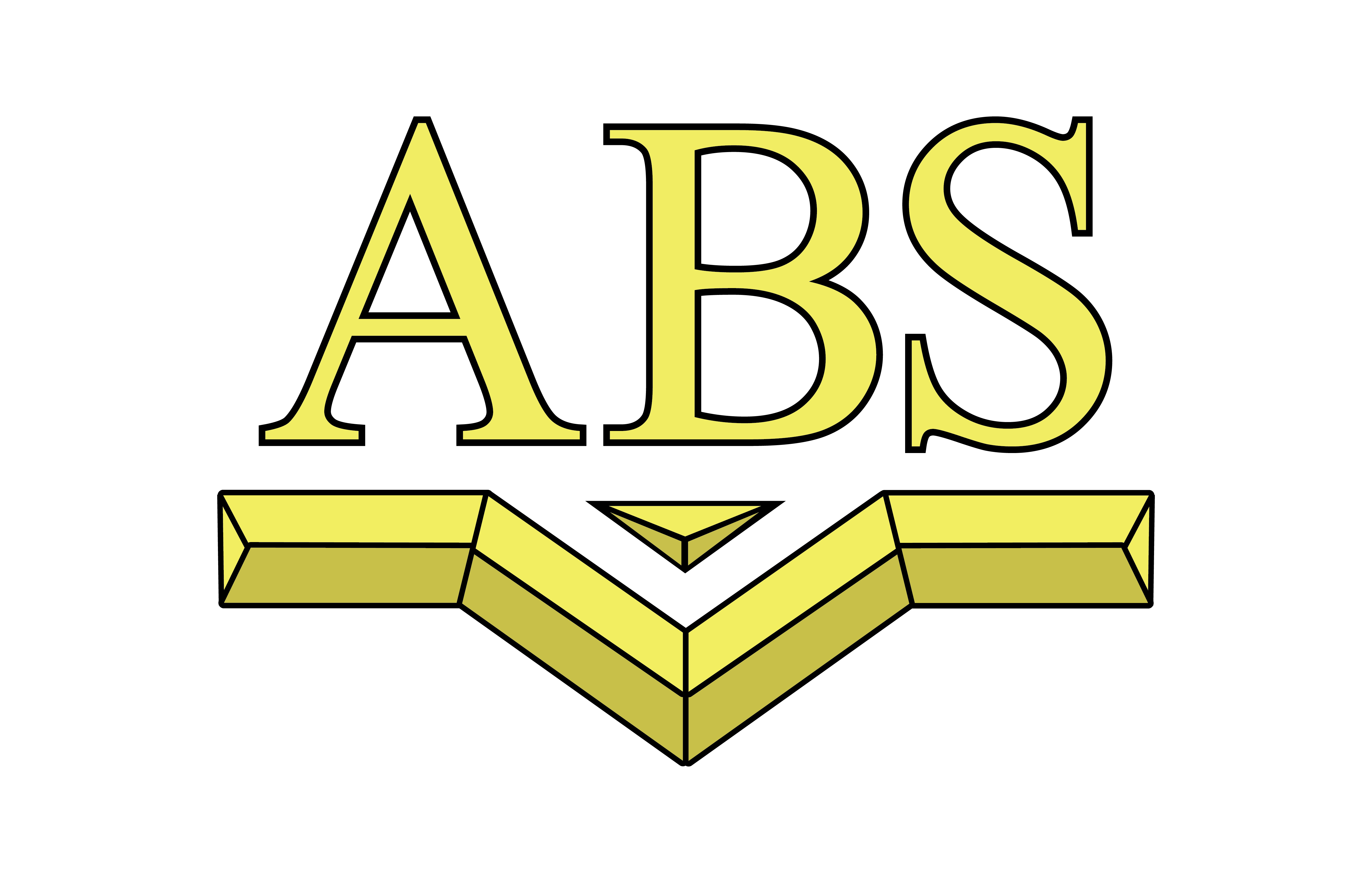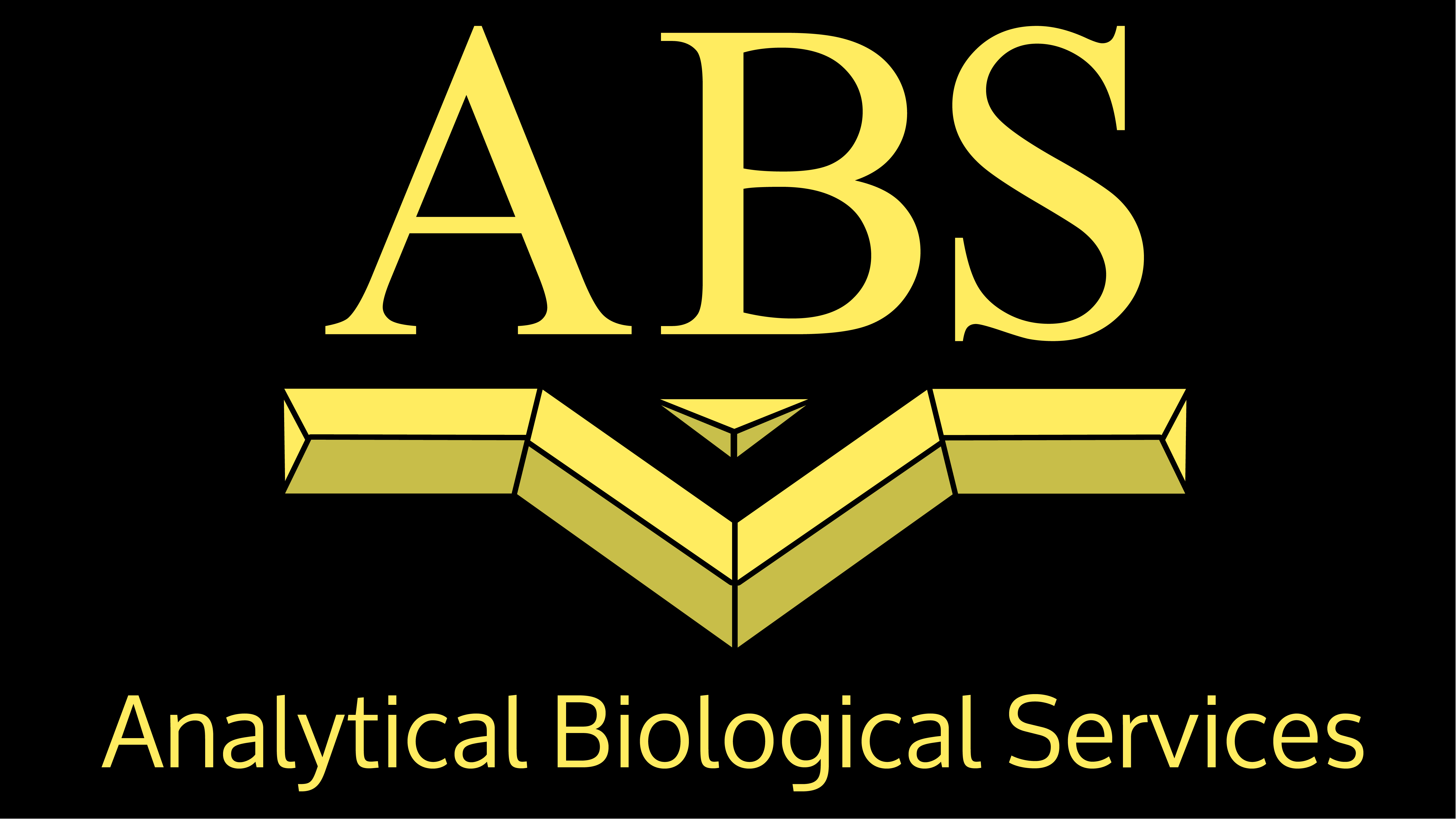
Each process is an experiment. Based upon current knowledge, we construct a hypothesis as to what we think will produce a particular outcome. Then, we run the process and evaluate if it produced the specified outcome. Based upon various iterations, we settle upon the most effective process that will produce the desired result. For ABS, the desired result is most often an elimination of errors and acceleration of operations. This methodology is based upon real, preferably quantitative data.
Process experimentation and improvement may seem like a lot of work, but over time it has become a natural and logical approach to running ABS. More importantly, this approach increases client satisfaction by providing an extremely high level of reliability and efficiency of operations.
The utility of well-designed systems and processes is illustrated by a recent audit of our cell culture and cell storage operations by a top five pharma company. We showed them how we track every aspect of their requirements from their first phone call or email through the details of the production process, shipping and verification of their satisfaction. Details ranged from employee training records on how to count cells, results of technician competency tests, the precise location of every cell bank in liquid nitrogen cryo-tanks, to how shipping personnel know when an order is ready and how to pack and ship it. Records of every email, cell split, cell count, viability test, Mycoplasma test, incubator calibration, backup generator test, shipping record, etc. were all available in seconds.
Next, the auditors spoke with staff ranging in employment with ABS from six months to 23 years. As a direct result of our training and processes, when asked how we do this or that and why, they all came back with the same answers. Questions ran the gamut from how we count clumpy cells lines to how shipping and client services know when an order is ready. Systems and process put us all in sync to provide the highest quality products and services to our clients.
We routinely examine our processes to make sure they are efficient and effective. If there is a good reason to change or improve any process, meet, implement it, and test that the change was effective. This is accomplished through the consensus of those using the process, because those using a process know what is effective and what is not.
Because consistency and reproducibility are essential, we don’t individually make up our own idiosyncratic company processes. Doing that can easily lead to disruption of workflows and cause the machinery that we design to fail. We don’t leave it to chance that someone will remember to tell someone something. Instead, our processes streamline communications and eliminate oversights and errors.
Much of the above also applies to running any laboratory. For example, is everyone running the same protein assay or counting cells in the same way and getting the same results? Is data readily available to anyone who has permission to access it? Were all the instruments calibrated and working properly, etc.?
Our systems and processes mean that if you call now or five years from now, we can tell you the status of your orders, how your cells grew, and virtually anything else about our communications with you. We really do want to be an extension of your laboratories, and for you to know that you can count on what we do for you.
For every job function and task, we do what we call the “Lottery Test.” If someone were to win the Lottery and leave, we could easily pickup where they left off without missing a beat. For the same reason, we have backups for each position and regularly cross-train for each job function. The systems that we use enable work to seamlessly continue if someone is absent. For example, if someone growing your cells left today, we know when next to expand your cell line and all the data associated with it. The job is not about us. It is about our clients and these systems make reliable and consistent service possible.
In a previous blog, I mentioned that there is a simple way to test if you have put adequate systems and processes in place. (I say adequate because systems must always evolve and improve.) The answer is similar to the “Lottery Test.” If you can take a month’s vacation and not have to worry about things going wrong or projects being delayed, then you have the proper systems in place. In the beginning, this was not possible. Now it is. I still call in almost every day when I take vacations, but I don’t have to make that call.
I should also mention that 20 years ago, although the company remains headquartered in Delaware, I moved to the San Diego area . Even though I work every day with multiple calls, emails and video-conferences with ABS, this would never be possible without the right systems. More importantly, this would not be possible without the right people. A system is lifeless without the right people who care about what they are doing to make it work. How you find the right staff and maintain an effective and rewarding culture is the next topic.




